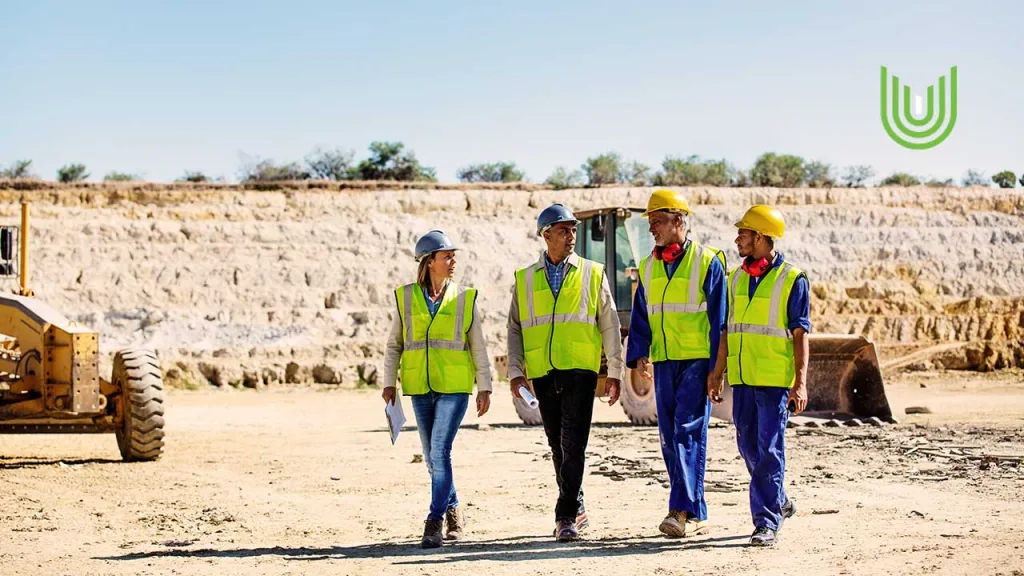Holistic preventive maintenance scheduling for mining equipment requires strategically balancing the need for timely inspection intervals without disrupting mining operations unnecessarily. Tipping this balance can result in hundreds of thousands of dollars lost onsite.
While a preventative maintenance (PM) approach that leverages data analytics can save companies substantially in the long run, there are initial challenges in optimizing PM routines for effectiveness. These can include data quality and accuracy, managing the complexity of a large asset portfolio, and overcoming resistance to change and adoption by employees and various stakeholders.
3 considerations for preventive maintenance routine scheduling
Data integrity and reliability
Equipment performance sensor data collected will inform all preventive maintenance strategies for your mine. However, without effective integration of systems that monitor equipment performance, and if not made readily available to supervisors and technicians on-site, this data is left underutilized.
Only once systems across departments are accessible within a single source of truth system can an effective maintenance strategy be implemented. This strategy can then effectively support broader business goals in an aligned manner once teams are confident in the data – whether the goal is to maximize equipment uptime, control maintenance costs, or ensure regulatory compliance for greater safety on site.
Looking beyond equipment criticality for preventive maintenance scheduling
Assessing the Remaining Useful Life (RUL) or equipment criticality strongly factors into maintenance being scheduled at optimal intervals. However, maximizing equipment usage and longevity is just part of the equation. To develop a holistic preventive maintenance strategy, resource availability and workforce planning are equally critical.
Strong coordination with HR departments is needed to ensure that PM routines are designed in line with workforce capacity and technician availability.
Implement processes and KPIs to support your maintenance strategy
While preventive maintenance reduces unplanned failures, unforeseen incidents can still occur. Having standard operating procedures for corrective action and emergency repairs ensures the team can respond quickly and effectively to unexpected events.
Ensuring processes and contingencies are set up to respond to unexpected occurrences involves setting parameters that are agreed on by relevant stakeholders for when interventions are needed.
Real time feedback for maintenance repair scheduling
While time-based, usage-based and condition-based preventive maintenance strategies are useful, more advanced predictive analytics now enable mining teams to schedule maintenance and optimize wrench times with a holistic picture of all variables at once.
Does this sound familiar?
“A lack of real-time visibility in our maintenance processes prevents our frontline supervision from making informed decisions against plans and schedules. How do we empower our teams with real time feedback to better manage backlogs and reduce unplanned maintenance work?”
Unison Mining can support your team’s transition to a more proactive approach in maintenance, reducing unexpected repair costs, ensuring the longevity of your equipment, but also factoring in other resources like your workforce and technicians for optimal mine performance.
Our proprietary WOP Smart Mining solution provides real time feedback of your maintenance team’s plan attainment (by shift), safety, productivity, and delays, reducing and managing unplanned maintenance work. The algorithm involves cascading layers of statistical analyses of fleets, units, shifts, and crews, as well as includes information on inventoried spares and consumables, driving work order continuity between shifts and teams.















